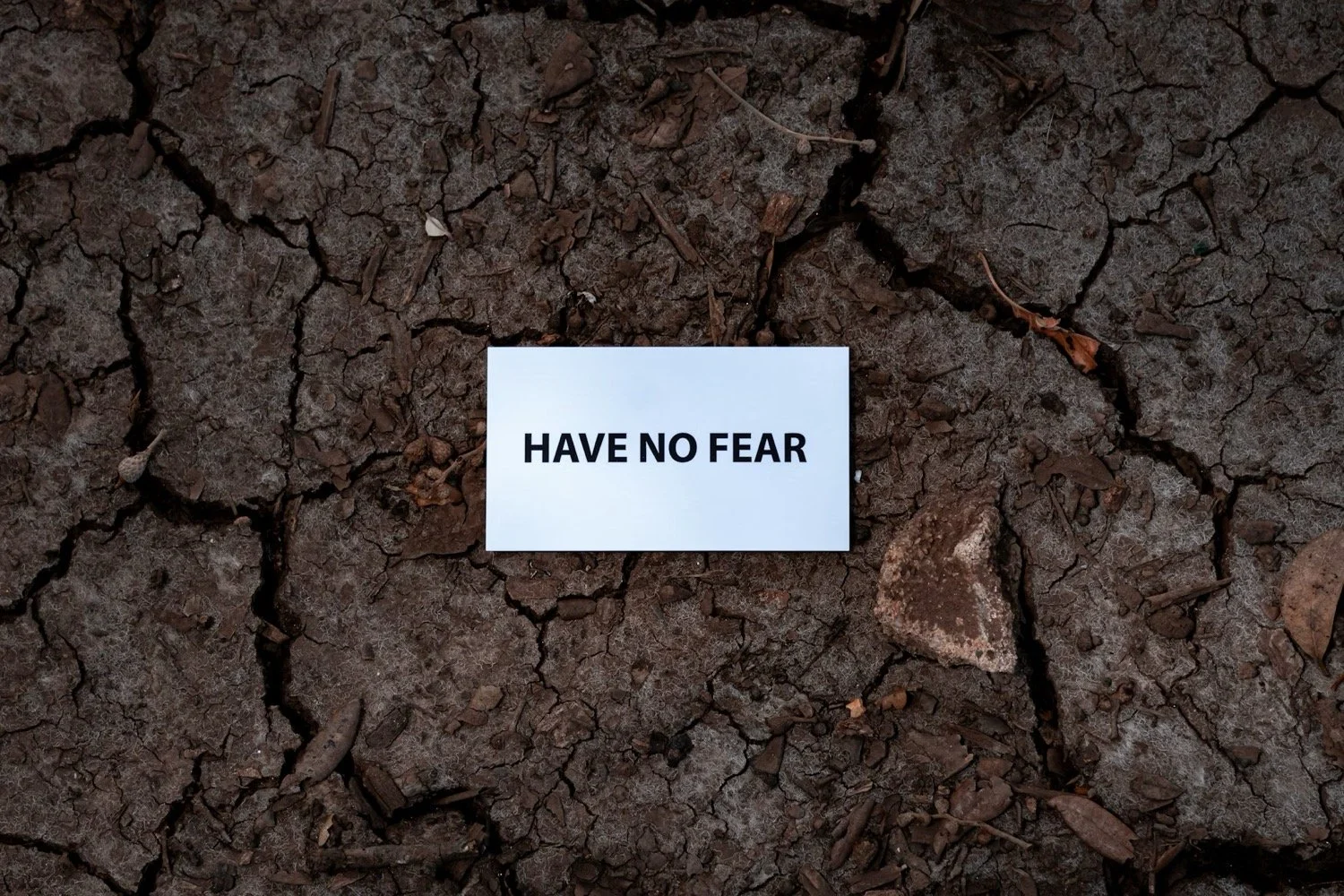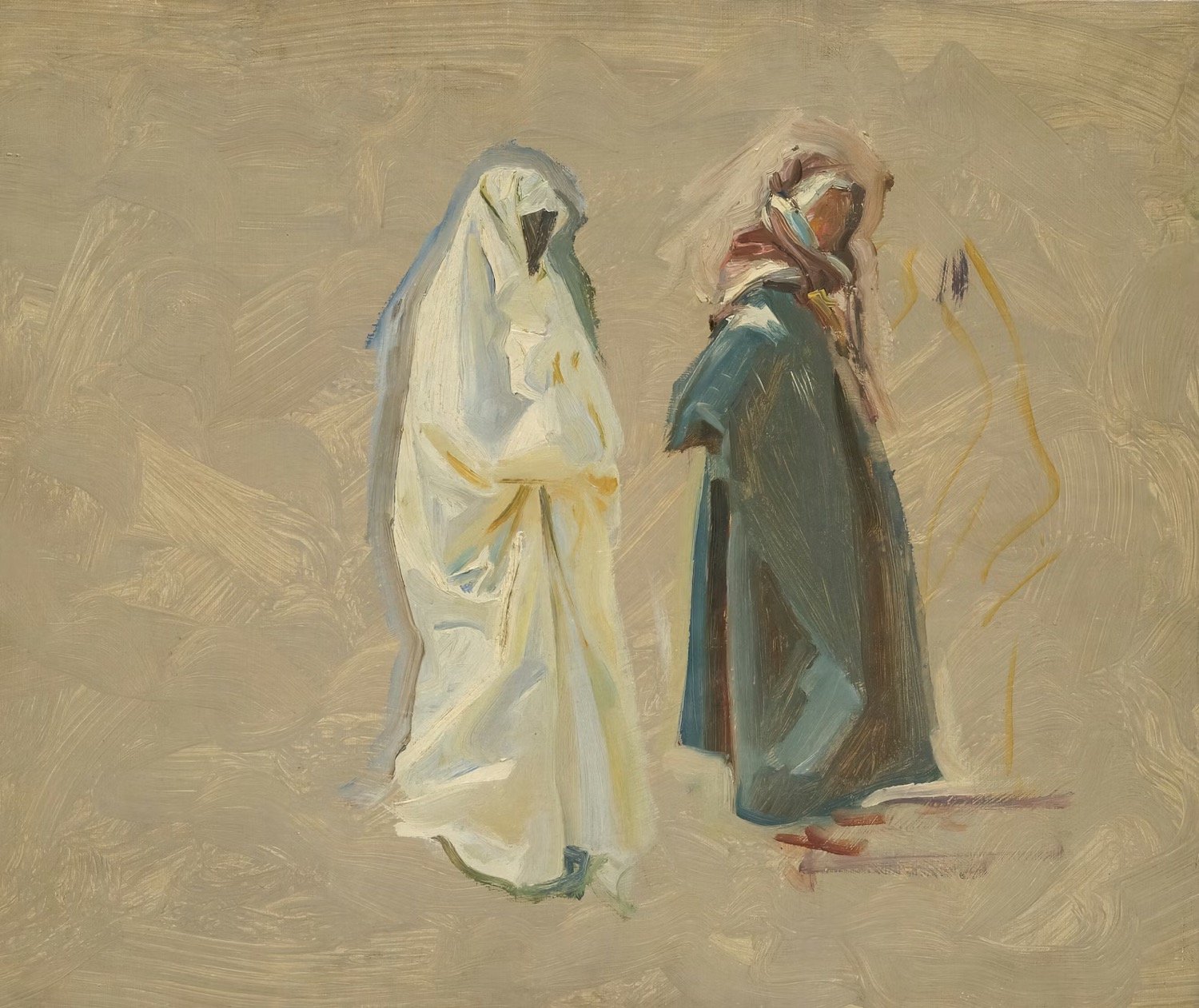Readings for today: Revelation 14-18
I know a young man who grew up in our church family who has become an atheist. He and I dialogue from time to time about all that is wrong in the world. He simply cannot bring himself to believe in a good and all-powerful God when there is so much evil and suffering and heartache and pain. I have to admit I sympathize with him. I’ve seen man’s inhumanity to man firsthand. I’ve been to refugee camps and seen victims of attempted genocide. I’ve spent time with those dying of starvation or drought or famine. I’ve prayed with good friends who’ve been attacked and beaten and threatened for their faith. I’ve sat the bedsides of those dying of cancer. I’ve spent time in memory care units with those suffering from dementia. So I can understand where this young man is coming from. At the same time, I’ve challenged him. What if the problem isn’t God but us? What if the issue is the person looking back at us in the mirror? After all, my young friend does very little - by his own admission - to alleviate suffering. He does very little to help those in need. He gives no money. He gives no time. He takes no personal responsibility and this, I believe, is the root of our problems.
When God created the heavens and the earth, He created humanity in His own image. He gave us authority and dominion over all He had made. He entrusted His creation into our hands. He set us up as stewards and through our work the earth would flourish and thrive. He also gave us agency and free will. He didn’t want a slave, He wanted a partner. He wanted someone who would care about creation as much as He does. Tragically, we rejected our partnership with God and went our own way. We wanted creation for ourselves and what have we done with it? Exploited it. Abused it. Even raped it at times. We see creation as an expendable resource to satisfy our selfishness and greed. The result is pain. Suffering. Heartbreak. Human beings have an insatiable appetite so those who have much seek more and refuse to share with others. The result is a disproportionate allocation of resources. Some have more than they need while others do not have enough to survive. And rather than try to rectify this situation, we tend to double down. Might makes right. The rich get richer while the poor get poorer. It’s survival of the fittest on a global scale.
This is why God will bring an end to this world. He simply will not allow injustice and oppression and sin and evil to have the final word. He will not allow the pain and suffering to go on forever. He will not allow death to have the final victory. But the crazy thing about today’s reading for me is the grief that humanity experiences when Babylon finally falls. One would think humanity would rejoice that her tyrannical reign had come to an end. But those who enjoyed her sensual and excessive ways. Those who profited from her unjust economic systems. Those who benefited from the world she created will all cry out at her destruction. “Woe, woe, the great city, Babylon, the mighty city! For in a single hour your judgment has come.” (Revelation 18:10 CSB) Why? They know their time has come as well. They placed their trust in the principalities and powers of this world rather than God and now they must face the consequences of that terrible, tragic choice.
At the end of the day, we will all have to face the judgment. At the end of the day, every single one of us will appear before the Lord on His throne. On that day, we will finally have to take personal responsibility for all the choices we have made. Every single decision in our lives. There will be no one to blame. God will hold a mirror up to our souls. We will finally understand the depth of our sin and how we have personally contributed to the pain and suffering and brokenness in our world. It will break us. Completely. Finally. Utterly. And the only hope we have is Jesus. If we have placed our faith in Jesus, He will stand in our place. If we have placed our faith in ourselves, there will be no one to take our place.
Readings for tomorrow: Revelation 19-22




